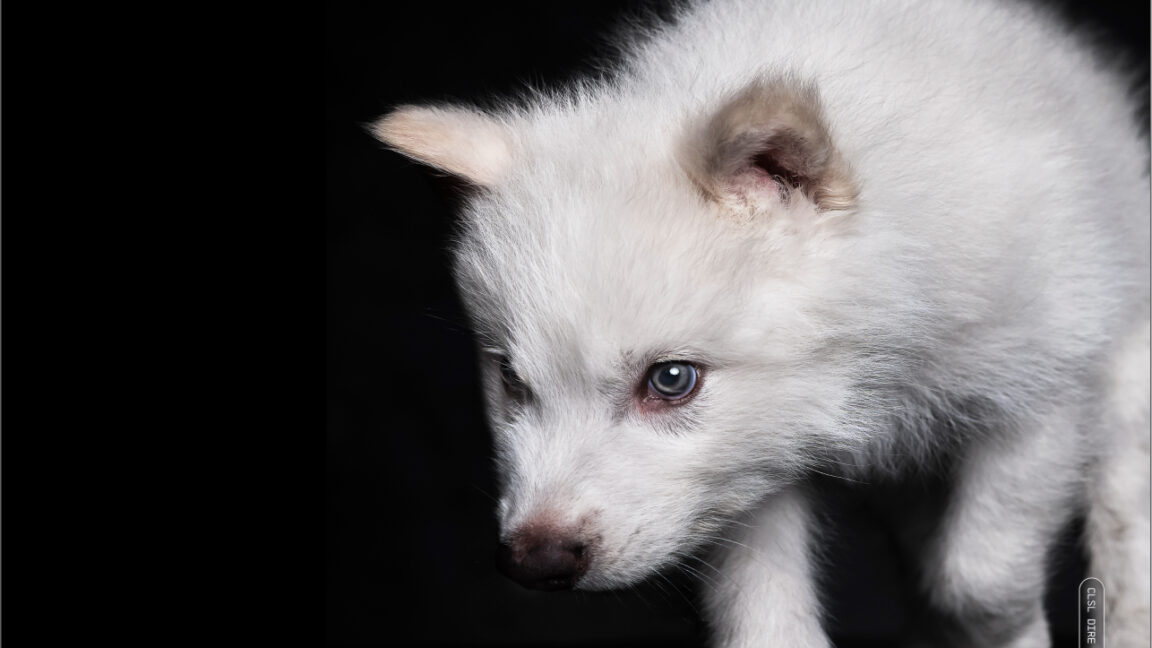Colossal's Groundbreaking De-Extinction: Dire Wolf Pups Introduced
Colossal has successfully birthed three genetically engineered dire wolf pups, reviving an extinct species and prompting discussions on the potential ecological implications.
Overview
Dallas-based biotech company Colossal has unveiled three genetically engineered dire wolf pups, marking the first success in its de-extinction initiative. By editing genes from grey wolves, the pups showcase traits reminiscent of their extinct ancestors, including size and coat color. While hailed as a significant breakthrough, experts note the new dire wolves possess many traits of grey wolves and may lack instinctual behaviors of their ancient relatives. As Colossal explores de-extinction technologies, ethical questions arise regarding the potential ecological roles these recreated species could occupy. The dire wolf, which went extinct around 13,000 years ago, remains a symbol of conservation efforts.
Report issue

Read both sides in 5 minutes each day
Analysis
- Colossal Biosciences has announced the successful 'de-extinction' of the dire wolf, leveraging advanced genetic technologies to edit the genomes of existing grey wolves, rather than recreating the species from scratch. This represents a significant milestone in the field of genetic engineering.
- The new dire wolves, born from closely edited grey wolf genes, reflect a blend of ancient traits and modern characteristics, symbolizing a commitment to conservation and showcasing advancements in biotechnological methods.
- The project not only highlights successful advancements in genetic engineering but also aims to raise awareness of the conservation of wolves, emphasizing their critical role in current ecosystems and the importance of biodiversity.
Articles (4)
Center (2)
FAQ
No FAQs available for this story.
History
- 8M

 4 articles
4 articles



